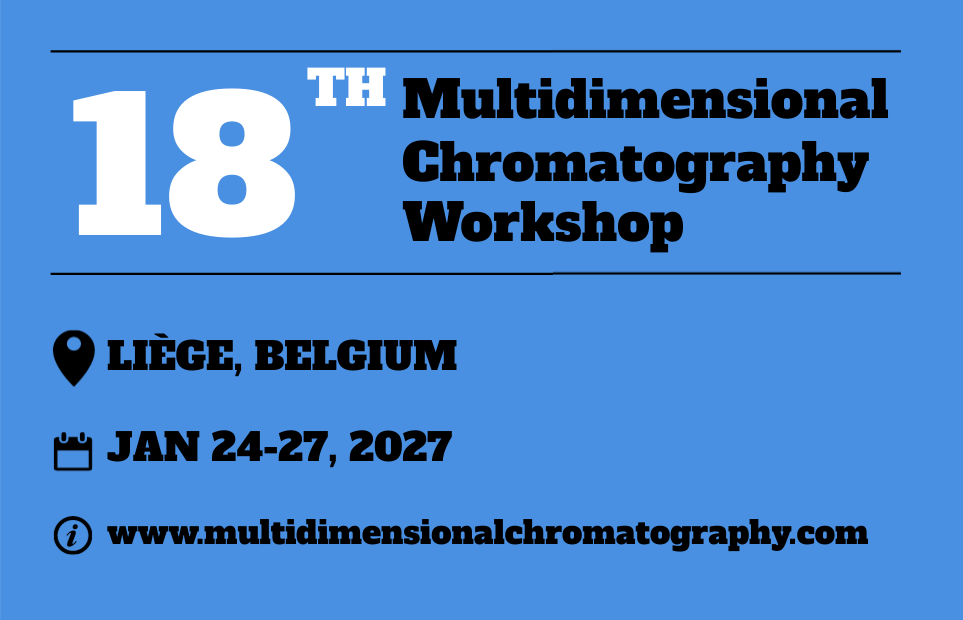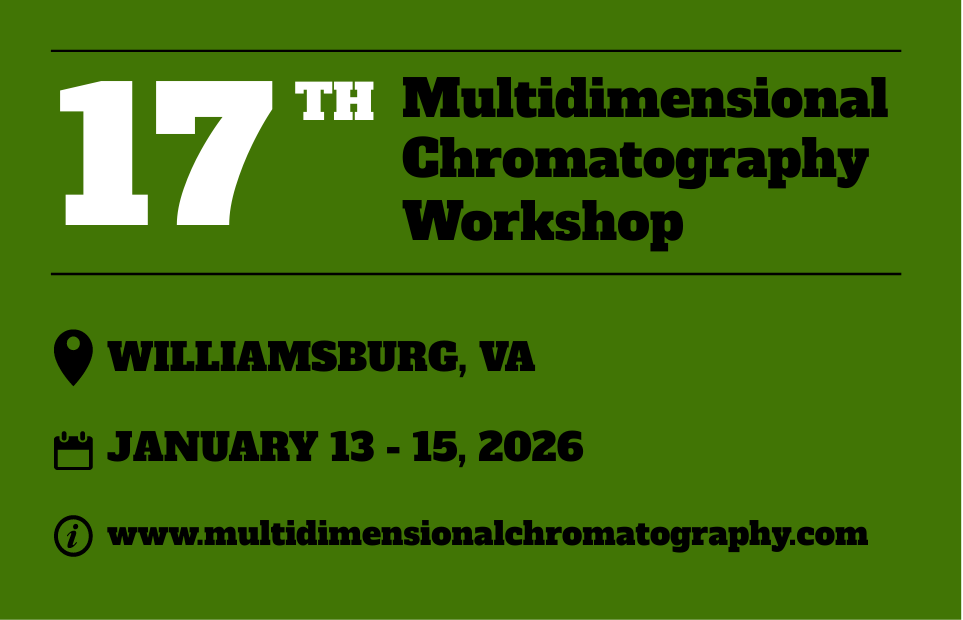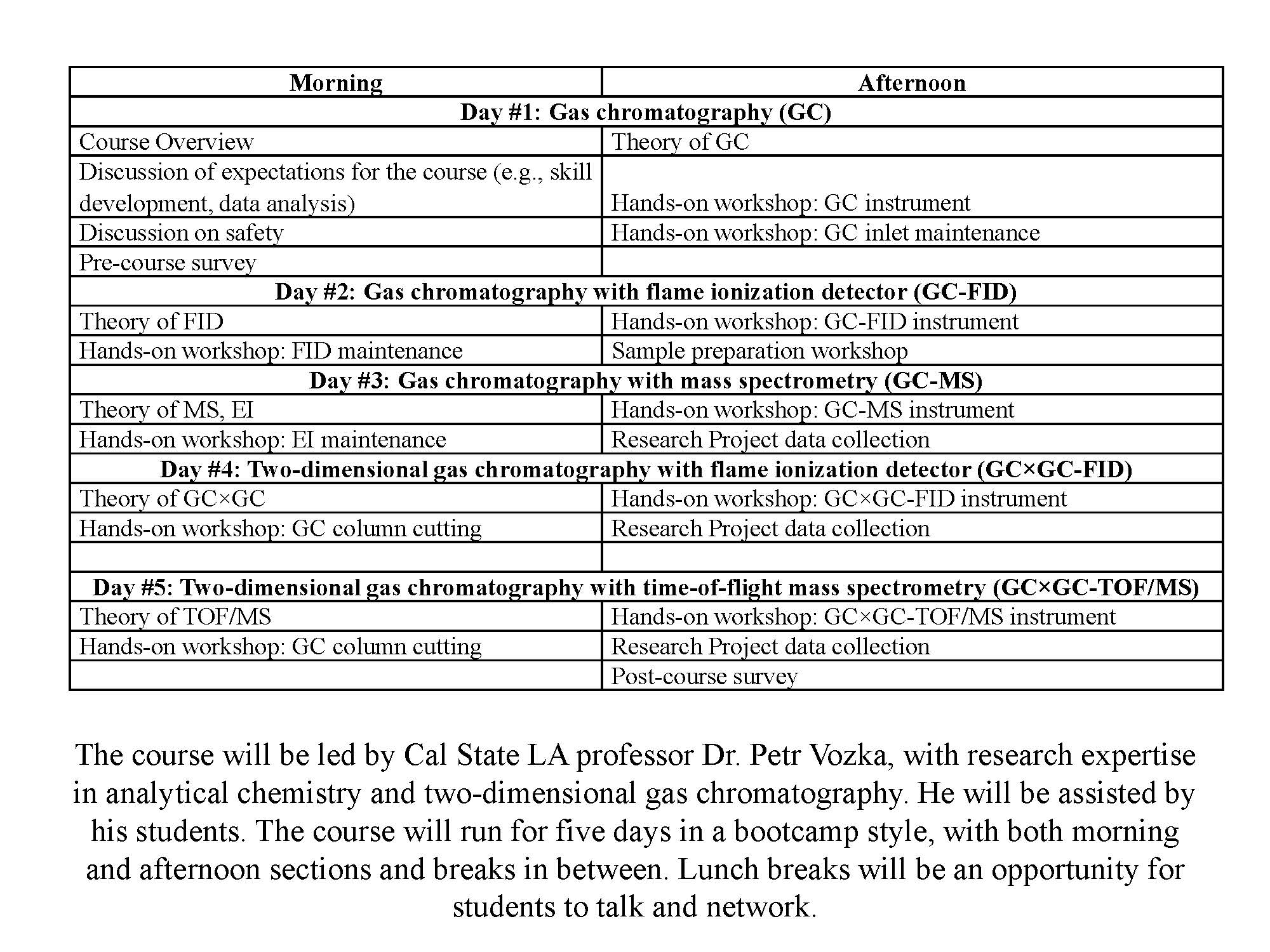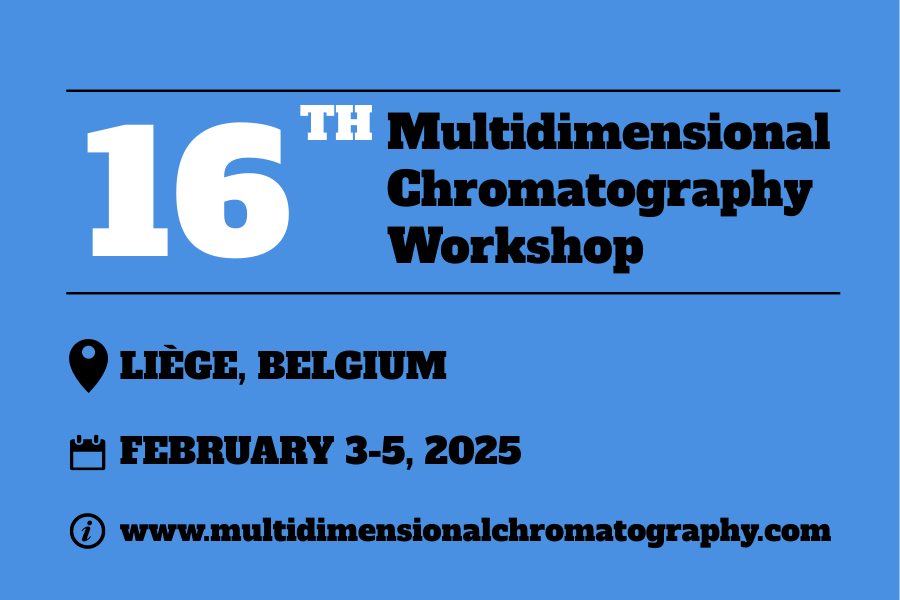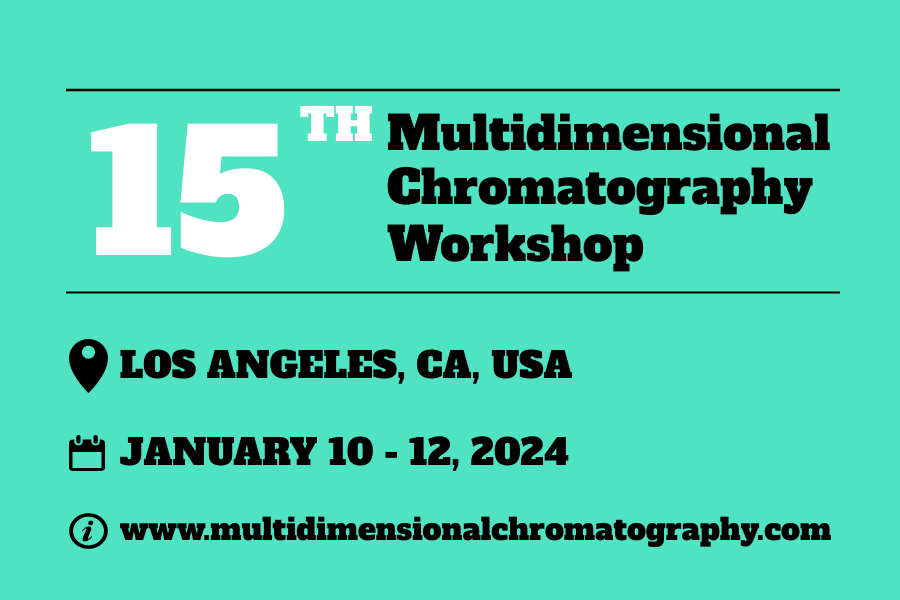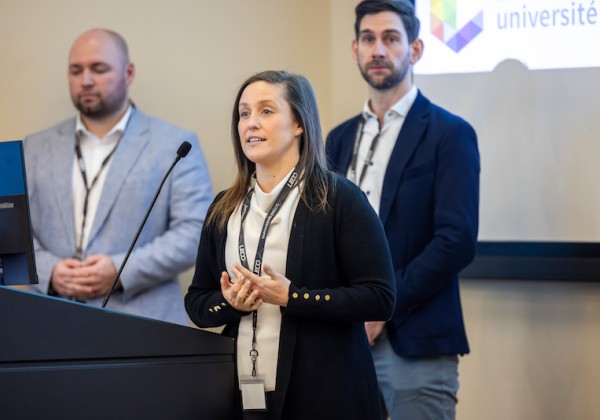Upcoming Workshops
Past Workshops
A comprehensive two-dimensional gas chromatography (GC×GC) has become the state-of-the-art technique/instrument for analyzing complex (volatile or semi-volatile) samples and has emerged as a powerful separation tool for studying environmental samples, petroleum fractions, persistent organic pollutants, drugs, etc. The benefits include increased resolution and selectivity (compared to GC-MS), and structured two-dimensional chromatograms. Since most CSU campuses do not have GC×GC capability, their research is limited by not having all the GC×GC advantages. This free two-day Short Course aims to enhance marine, coastal, and coastal watershed oriented research projects. In this course, participants will gain hands-on experience and knowledge in GC×GC. They will be introduced to several GC×GC applications, mostly related to COAST. This short course will also promote collaboration between faculty and demonstrate GC×GC separation power on their samples. Faculty might implement GC×GC in their research laboratories to get more data from their samples or expand their research area. This short course supports COAST's objectives to equip CSU faculty and students with state-of-the-art techniques and deepen collaborations between CSU faculty.
On Day 1, participants will be introduced to gas chromatography (GC) and comprehensive two-dimensional gas chromatography (GC×GC), followed by a presentation of GC×GC applications by Dr. Eunha Hoh and LECO Corporation representative focusing on possible COAST applications. LECO Corporation (est. 1936) is a well-established company that produces and services GC×GC instruments with its analytical instrumentation research and development. After lunch, our research group will introduce additional GC×GC applications, such as analysis (fingerprinting) of oil spills and organic compounds adsorbed on microplastics. Participants will then visit our GC×GC Training and Research Facility, where the real data will be shown. Our research group will also introduce and show two GC×GC softwares: ChromaTOF (data collection, processing, and analysis) and ChromaTOF Tile (pixel comparison software for finding differences between two GC×GC data sets). At the end of Day 1, each participant will be asked to submit their (or their colleagues') sample(s) of their choice for further analysis via GC×GC to demonstrate the separation capability and potential of GC×GC.
Day 2 will take place a few weeks after Day 1, and participants can choose if they want to attend in person or via Zoom. My research students and I will present the chemical compositional results of the submitted participants' samples. After each sample, a discussion between faculty and the presenter(s) will be initiated. The goal will be to increase faculty understanding of modern instruments and analytical methods, show the benefits of CC×GC in their research fields, and suggest possible collaborations.
This workshop is supported by the CSU Council on Ocean Affairs, Science & Technology (COAST) and is for CSU faculty only!
